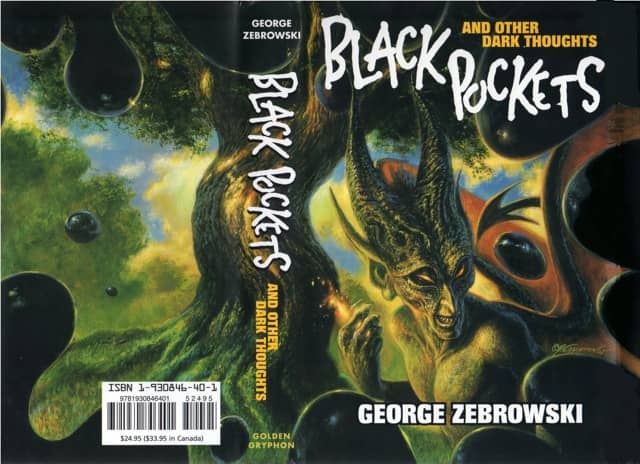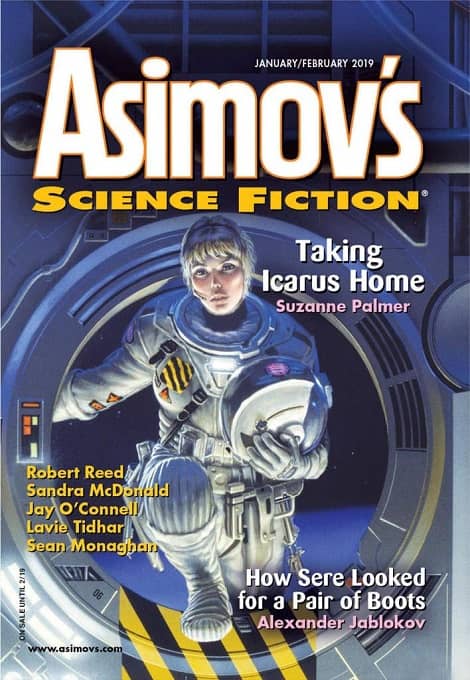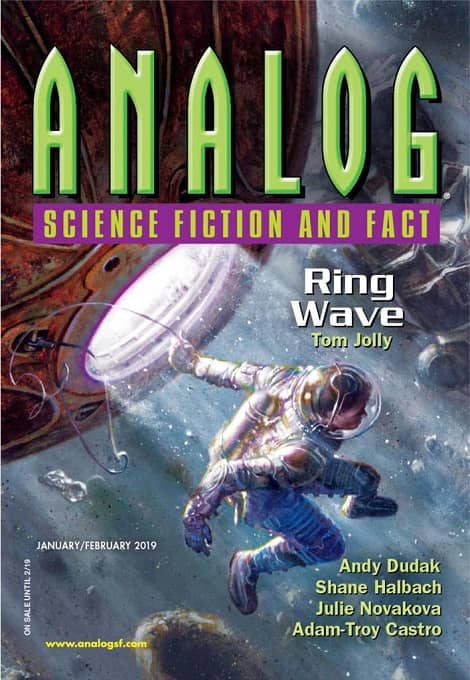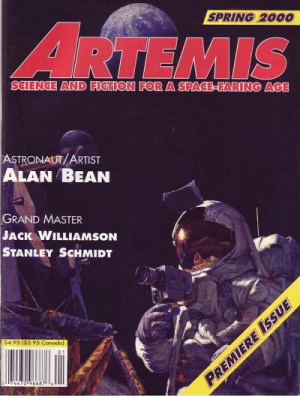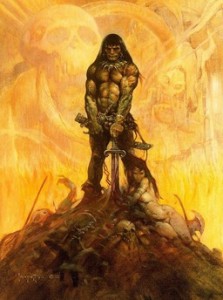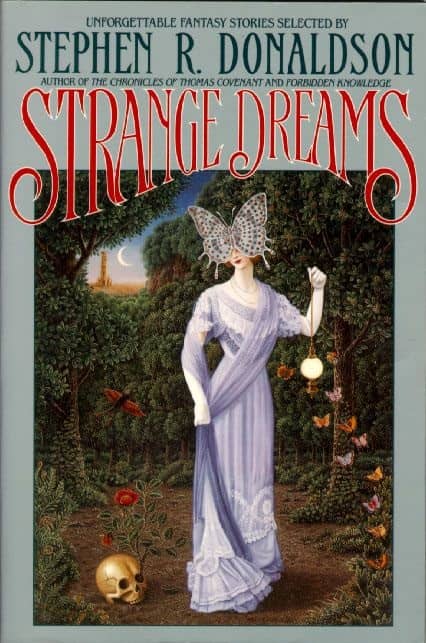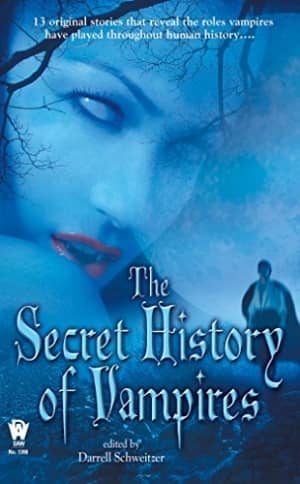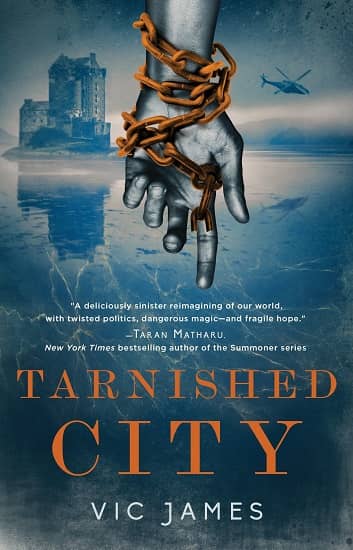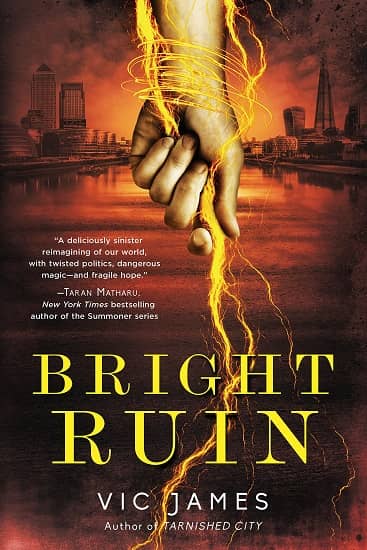In 500 Words or Less: Short Fiction Roundup #2!
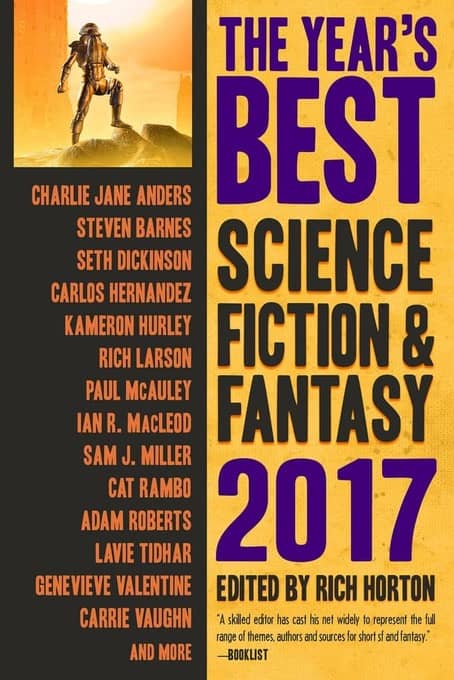 |
 |
To round out the calendar year, I decided it’s high time I wrote up another Short Fiction Roundup. I will freely admit I read way more novels than short fiction, but here are some of my recent reads that I want to spotlight:
The Year’s Best Science Fiction and Fantasy 2017 Edition
Yes, I realize we’re at the end of 2018, and yes, this edition means stories from 2016. Best Of anthologies are always hit or miss with me, since critic appeal and mass market appeal don’t always mean the same thing. But I was pleasantly surprised here.
Adrian Tchaikovsky’s “Dress Rehearsal” starts with a theater troupe escaping a dangerous patronage and takes a wild turn involving devilish creatures given a furlough from Hell. In “All That Robot Shit,” my Ottawa buddy Rich Larson provides a post-apocalyptic Castaway setting featuring robots that’s equal parts touching and hilarious (which is consistent with Rich). And Charlotte Ashley’s story of honor and respect between paired nemeses in “A Fine Balance” is coupled with the thrills of master warriors hunting each other in the streets. (Oh, and check out Charlotte’s Archipelago project, too!). There are a bunch of other engaging stories here, and I’ll be checking out Rich Horton’s 2018 edition for sure.
